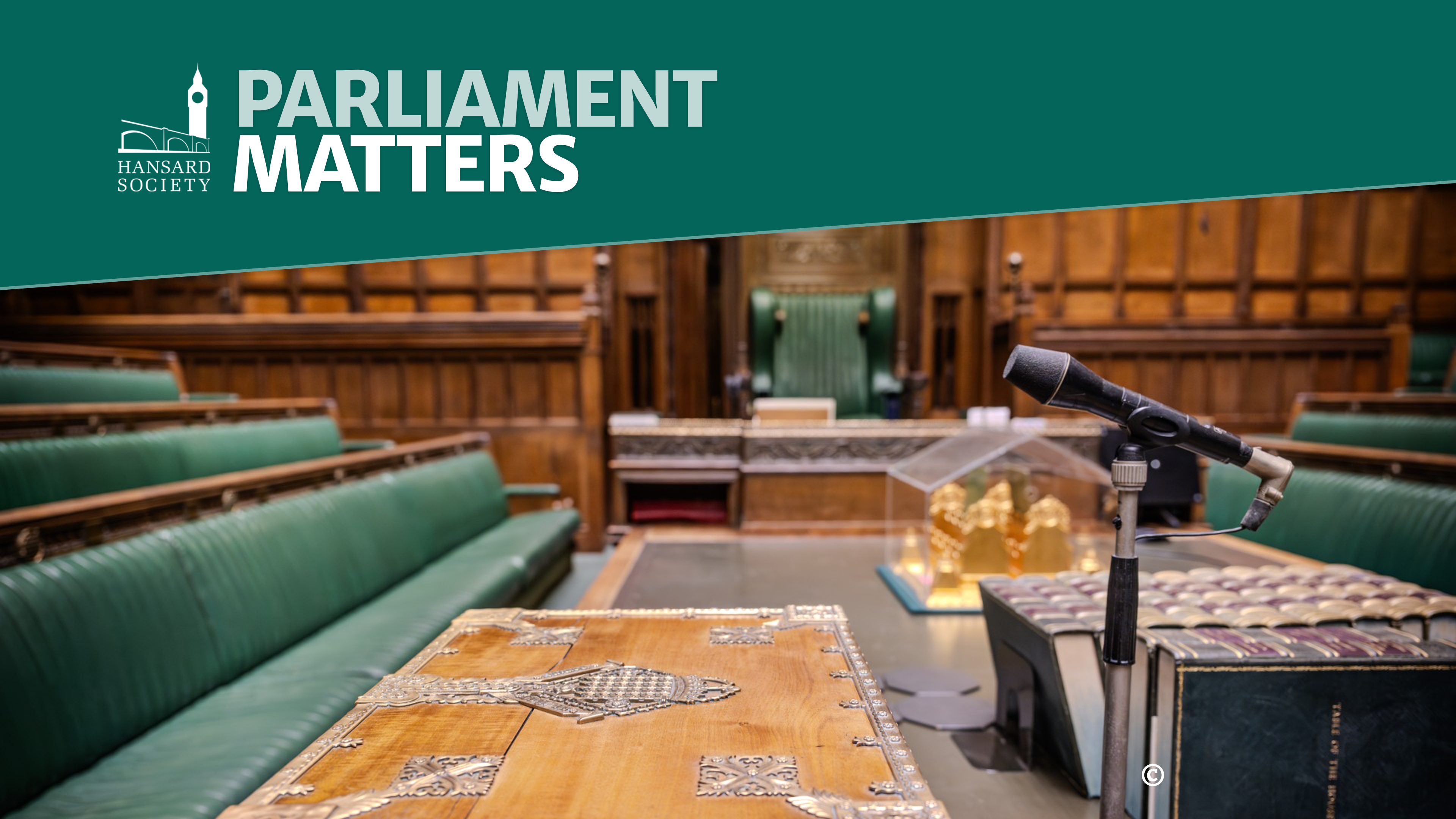News / Labour's welfare meltdown - Parliament Matters podcast, Episode 99
It’s been a bruising week for the Government, as a Labour backbench revolt forced ministers to gut their own welfare reforms live in the House of Commons. We explore why Sir Keir Starmer appears to have such a poor grip on parliamentary management. Plus, House of Lords reform expert Professor Meg Russell explains why the hereditary peers bill may be a once-in-a-generation chance to tackle deeper issues — like curbing prime ministerial patronage and reducing the bloated size of the upper chamber. And in Dorking, faith and politics collide over assisted dying. Please help us by completing our Listener Survey. It will only take a few minutes.




